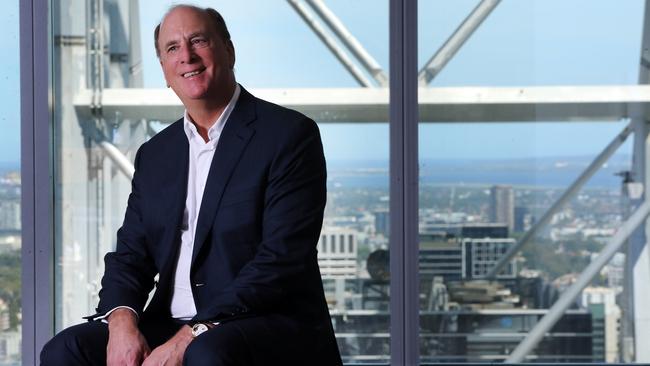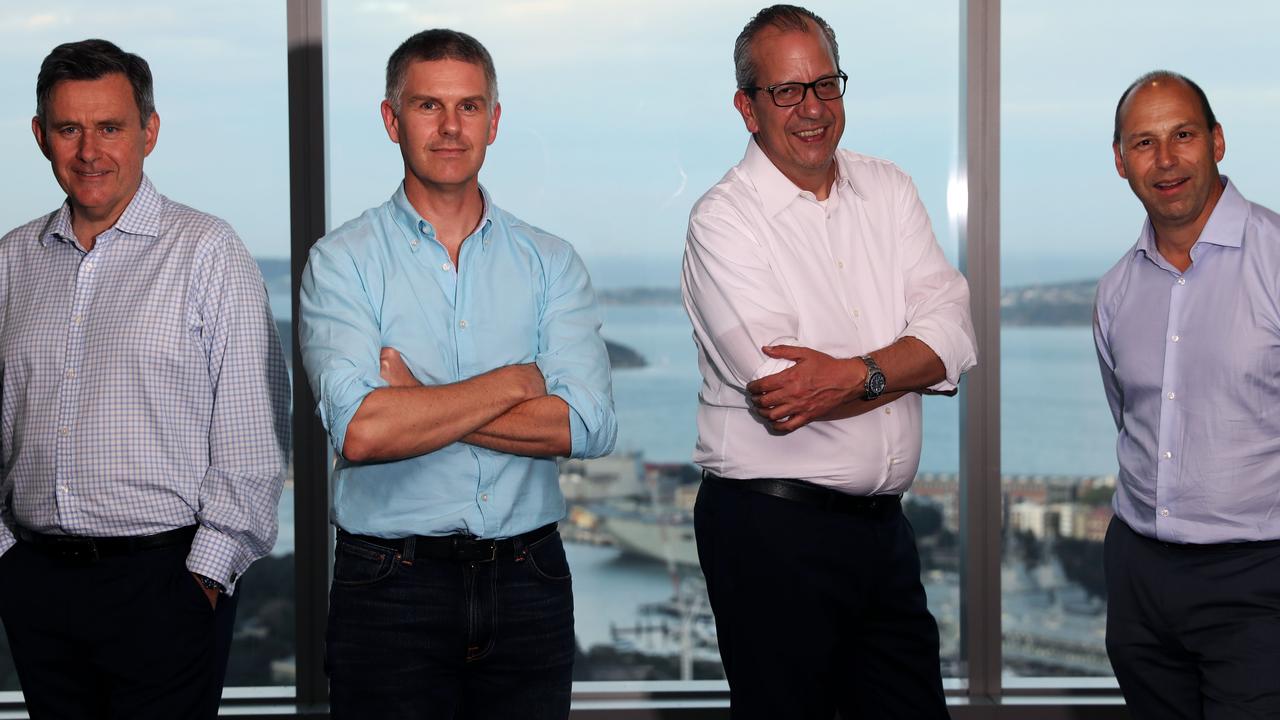‘Great repricing’ in green economy: BlackRock
The world’s biggest asset manager has said its 2020 prediction of a ‘tectonic shift towards sustainable assets’ is coming to fruition.

The world’s biggest asset manager has said its 2020 prediction of a “tectonic shift towards sustainable assets” is coming to fruition, as capital starts to flow to relatively green sectors and move away from less sustainable assets.
BlackRock says in its weekly commentary that repricing of lower carbon sectors such as information technology increased from less than 1 per cent in 2016-2019 to about 2 per cent in 2020, with brown sectors like utilities reversing by similar amounts.
The trend, according to BlackRock, will accelerate between 2021 and 2026, with a green repricing benefit of 8 per cent against a 9 per cent drag for brown sectors.
“The transition to decarbonise the world is happening and investors can no longer ignore it,” the asset manager says.
“Increasing investor preferences for sustainable assets are leading to a great repricing that has a lot of room to run, in our view.”
BlackRock, which has $US10 trillion ($13.9 trillion) in assets under management, cautions that its analysis does not rule out browner assets such as traditional energy stocks staging unexpected rallies.
The asset manager says this is a feature of transitions, with less sustainable companies benefiting from mismatches in supply and demand as the economy is rewired to reach net zero emissions by 2050.
BlackRock’s original prediction of a tectonic shift towards sustainable assets relied on its thesis that markets would get ahead of the transition to a greener world. It now says the repricing has more room to run, based on factors such as investor preferences for greener assets and historical changes in risk premiums for similar long-run transitions.
The repricing, for example, was only “a fraction” of similar episodes, such as the 1998-2002 dotcom bubble and the global financial crisis of 2007-08.
BlackRock’s method is to measure how the cost of capital is affected by changing investor preferences for sustainable assets by stripping out the usual drivers of returns, such as profit reporting or the impact of factors like momentum and growth.
It then uses emissions intensity, or direct carbon emissions as a share of enterprise value, as a proxy for a company’s exposure to the transition to net zero.
The repricing analysis excludes factors not directly tied to the long-run transition, such as the rally in the price of fossil fuel companies in the last year or so due to surging demand associated with the resumption of economic activity.
“This exposed an underlying fragility in energy markets – a mix of geopolitical factors and weather-related supply disruptions hit just as European inventories were low,” BlackRock says.
“The result: spiking prices of fossil fuels and their producers.
“Second, the performance of traditional energy stocks tells you something about how the economy is wired. But it doesn’t say anything about where it’s going.”
According to BlackRock, there will be periods when traditional energy benefits from mismatches in supply and demand because the extra investment in renewables fails to keep pace with reduced investment in fossil fuels.
However, as fossil fuel prices rise, renewables only become more competitive.
“Our bottom line: We see the transition driving a relative return advantage for greener sectors such as tech and healthcare over browner sectors such as energy for years to come, all else equal,” BlackRock says.
Last month in his annual letter to chief executives, BlackRock chair and CEO Larry Fink said a huge shift in capital had occurred since he had written two years ago that climate risk was investment risk. Sustainable investments had now reached $US4 trillion.
“This is just the beginning,” Mr Fink wrote.
“Whether it is capital being deployed into new ventures focused on energy innovation, or capital transferring from traditional indexes into more customised portfolios and products, we will see more money in motion.
“Every company and every industry will be transformed by the transition to a net zero world.
“The question is, will you lead, or will you be led?”
Mr Fink said the next 1000 unicorns (start-ups with a valuation of $US1bn) would not be search engines or social media companies.
Instead, they would be start-ups that helped the world decarbonise and make the energy transition affordable for all consumers.
The world needed to be “honest” about the fact that green products often came at a higher cost today.
For an orderly and just transition, the BlackRock chief said it was essential to reduce the green premium.




